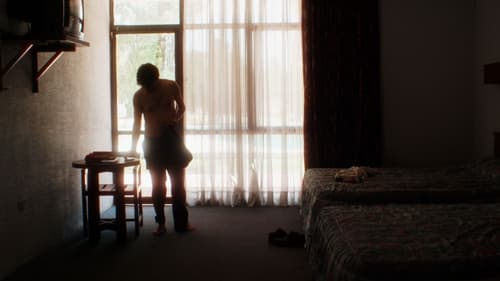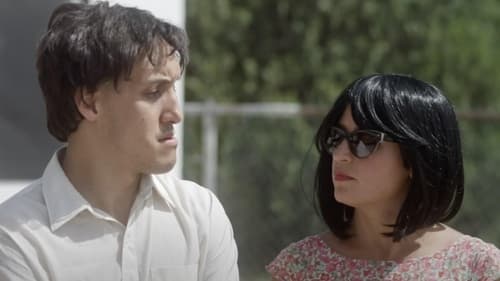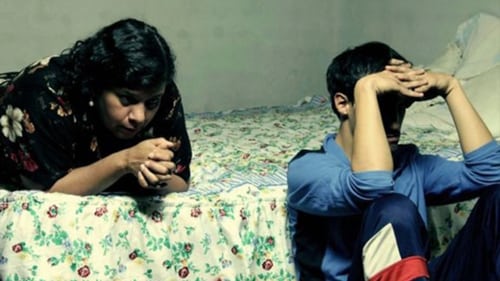
Hombre que maneja camioneta roja
A metacinematic reflection on the nature of representation and the ongoing drug war in Mexico, Nicolás Pereda’s Flora revisits locations and scenes from the mainstream 2010 narco-comedy El Infierno, exploring the paradoxes of depicting narco-trafficking on film—its tendency both to romanticize and to obscure. To screen is both to project and to conceal.

Luisa's Father
Луиза и Габино навещают своих пожилых родителей в глухом шахтёрском городке на севере Мексики. В доме царит напряжённая атмосфера — совершенно очевидно, что ни один из присутствующих не горит желанием находиться на этом "празднике жизни". Пытаясь отвлечься от семейных прений, Габино воображает параллельную реальность с полицейскими, бандитами и роковыми красотками, где каждому члену семьи уготована собственная роль...

Emilio
When Gabino's father returns home after a long absence, the two men awkwardly attempt to re-establish a relationship; but Gabino and his mother quickly tire of this man who has become a stranger to them and decide to kick him out, before realizing that he has already left. Gabino eventually tracks his father down and spends time with him in his rundown apartment, trying to figure out if there is any possibility for the two of them to ever truly communicate. Though Greatest Hits continues Pereda's exploration of his perennial themes of absence, masculinity and the difficulty of maintaining a family, it opens up a whole new set of aesthetic questions through a bold formal gambit: halfway through, the entire narrative reboots and starts from scratch with another actor playing one of the key characters, leading to different iterations of events already witnessed.


